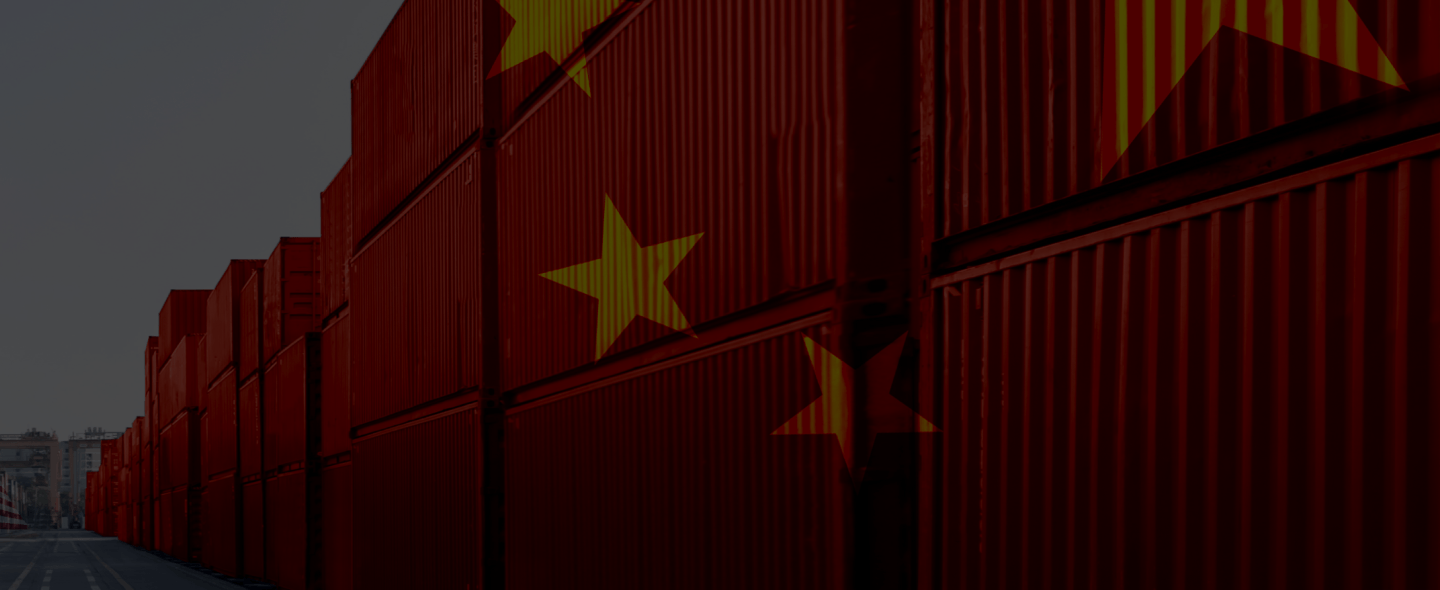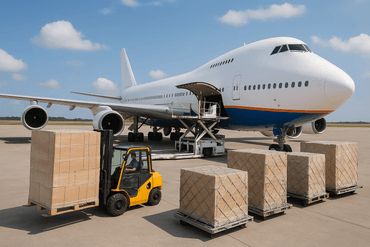
Importing from China: What you need to know (Part one)



Biggest challenges when importing from China
Importing from China? If you’re looking to understand the biggest challenges and opportunities when importing from China, you’ve come to the right place.
We sat down with Jorge Mora, an expert consultant regarding imports from China, the world’s largest exporter, and the writer of the_ Importing from China_ blog. In this post, he explains to iContainers what the main challenges that importers face when dealing with China are and tips on how to overcome them. We’ll also go into advice, best practices, and common misconceptions to clarify your doubts on importing from China.
You have over 10 years of experience helping SMEs with their imports from China. What would you say have been their main problems when importing from China for the first time?
I think the main problem all companies, big or small, face when importing from China for the first time is how overwhelming it can all be. Most of them don’t know the difference between the FOB and CIF Incoterms. Nor are they aware of the specific documents and/or licenses needed for their China imports. They often have difficulties when negotiating with the Chinese suppliers and are at a loss when it comes to guaranteeing the quality of their products. But these challenges are perfectly normal, especially when you’re dealing with something so complex for the first time.
What advice do you have for SMEs for minimizing risk and potential problems?
These would be basic common sense advice such as requesting for samples before placing your order. Or opting for a small shipment such as an LCL at the beginning when everything is still unclear. If all goes well and you feel that you can trust your supplier, you can go ahead with an FCL.
The interactions you have with your Chinese supplier throughout the entire process should provide you with a clear enough idea on whether or not you’re dealing with an experienced and honest supplier. Look out for the following signs:
- Slow and tardy responses to emails/phone calls
- Sudden price increases after having agreed on a certain price
- Excessive costs for shipping of samples
- Unconventional payment methods
If you experience any of these, you should pay extra attention and be doubly careful in order to avoid surprises during the import process.
Is it possible to import from China without meeting the supplier and seeing the product in person? How important are such visits to the success of the import process?
Yes, of course it’s possible to import from China without going there. Many of my clients have never set foot in China. It’s no longer necessary to travel 10,000km to meet a supplier and verify his products. There are tons of other quality control companies there that can perform an audit much better than if you were to fly all the way to China.
That said, I would recommend visiting China when the product you’re importing requires a considerable sum of investment and/or has to be custom made. These include specific types of machinery or a new collection of furniture, for example. This is when the physical presence of a company designer or engineer would come in handy to ensure everything goes according to plan.
Would you say that there’s a high number of importers who have been scammed in their imports from China?
No. I think scamming very rarely happens. There have been a lot of rumors about Chinese imports. These include containers shipped with empty boxes, footwear suppliers that only send one side of the shoe to force you to pay for the other side. But this is just hearsay. If you think about it, it doesn’t make sense to change the production line to produce just one side of a shoe.
There have been cases of importers receiving merchandise that were not what they expected. But these were more of a result of bad communication between supplier and buyer rather than an intention to scam.
Based on your experience, what would you say are the most common types of scam when importing from China?
The more common scams usually happen with small orders. For example, an iPhone that sells for half the price in China. Undoubtedly, this is a well-known scam through and through. You don’t need to be an experienced importer to know that big brands sell their products at the same price globally. They’re not going to be any cheaper just because they’re in China.
Related articles:
- 1. Biggest challenges when importing from ChinaYou have over 10 years of experience helping SMEs with their imports from China. What would you say have been their main problems when importing from China for the first time?What advice do you have for SMEs for minimizing risk and potential problems?Is it possible to import from China without meeting the supplier and seeing the product in person? How important are such visits to the success of the import process?Would you say that there’s a high number of importers who have been scammed in their imports from China?Based on your experience, what would you say are the most common types of scam when importing from China?
Related Articles


